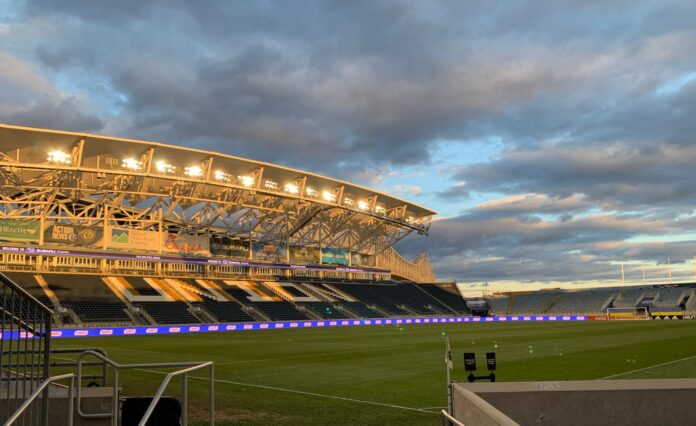The first club tournament following a format similar to the FIFA World Cup was, without a doubt, a major test and a preview of what next year’s event might look like.
From an audience standpoint, the tournament was undeniably successful, with international free streaming by DAZN, a streaming company that acquired the broadcast rights through a massive investment from Saudi Arabia.
On the pitch, the matches were more balanced than expected between European and non-European clubs, particularly the Brazilian teams and Saudi Arabia’s Al-Hilal. Theories behind this surprise performance point to the physical condition of the Brazilian clubs, who are in mid-season and more accustomed to playing in high temperatures similar to the U.S. summer. However, Brazil’s football calendar, which includes state championships during the summer, is very long. Clubs play around 70 matches per year and, due to the country’s continental size, they travel far more during competitions, often playing in other South American countries under severe altitude conditions.
European clubs played around 50 matches in the season, while Brazilian teams had already played about 40 on average. Another point raised by the sports media was the level of importance clubs (especially players) gave to the tournament. Some European-based players complained they would have preferred to be on vacation and said they were, in a way, forced by their clubs to play in the competition for financial reasons. These players seem to forget that, in order to afford the high salaries they earn, clubs must seek new revenue streams, such as prize money and marketing exposure from participating in the Club World Cup.
It’s understandable that the championship, still in its first edition, doesn’t carry the same weight for European clubs and their players as it does for Brazilian ones. However, elite athletes, once on the field, tap into their competitive spirit and that’s exactly what we saw, especially during the playoffs. At that stage, the stronger European squads (with better options to cover suspensions and injuries, and in Chelsea’s case, even bringing in key reinforcement João Pedro) overcame the non-European teams. The final match featured PSG, the best team of the season, and Chelsea, with its young, developing squad.
Even without making the final, Brazilian clubs had a very positive outcome, gaining international exposure for their brands and increasing the potential value of international broadcasting rights for the Brazilian league. Additionally, the Saudi club showed that their billion-dollar investment is paying off, which may attract even more top-tier talent to Saudi football. The country is set to host the 2034 World Cup, and given the development of its domestic players, it looks poised to make a respectable showing as host.
In the stands, there was a rich diversity of fans sharing their love for their clubs, a passion that, for many, runs deeper than national pride during World Cup season. However, despite U.S. experience hosting major sporting events and having modern stadiums, the event’s organization showed significant flaws. There were widespread complaints about traffic congestion around stadiums, limited parking, high ticket prices (which dropped for many matches due to poor sales), confusion at entry points, match delays due to weather, and limited access to food and water inside venues.
I believe all of these issues were stress-tested and will be reviewed by FIFA to improve the fan experience. The next challenge will be even greater, considering the tournament will be hosted across three different countries.
The Club World Cup proved that football is more global than ever, not only on the field but also in how fans engage with the sport. And it showed that the love for football in the U.S. is no longer just an immigrant phenomenon.

